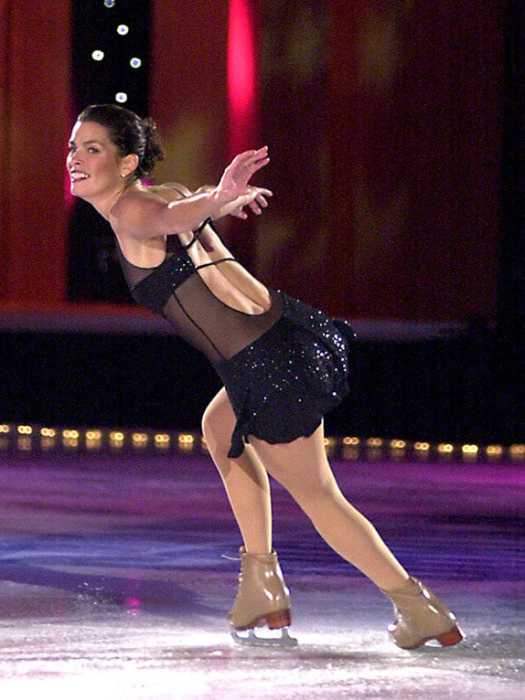
5 Ways to Help Kids Understand Politics
It’s never too early to start teaching kids about the world they live in, both locally and nationally. With the presidential election right around the corner and political discourse everywhere we look, now is a great time to not only speak to your kids about politics but encourage them to become active and engaged in politics on an individual scale.
There’s no reason why children need to wait until they’re old enough to vote to have a voice. Here are some ways to encourage your kids to become politically active in age-appropriate ways.
Mini Elections
What better way to teach kids about democracy than to have them build one from scratch? Hosting mini elections at home or with friends can help children to understand the voting process as well as why and how democracy works the way it does. For young children, you can start with basic topics like voting for your favorite ice cream flavor so that kids get used to voting.
You can then start to introduce hypothetical situations and candidates to stimulate critical thinking. Maybe Candidate #1 wants to require all ice cream to have a cherry on top, but Candidate #2 wants to ban all sprinkles on ice cream. Who would you vote for and why?
Kid-Friendly Newspapers
Political awareness starts with a healthy media diet. Most of the sources that you as an adult read or watch the news might not always have child-friendly content, and the responsibility falls on you of when and how to discuss major events with your child. But there are several resources and news publications that are built specifically for kids who want to stay up to date with local or world politics and events.
These platforms are designed and written in a way to be accessible and safe for even young children. Some examples are:
Though all these news publications are demonstrated to be child-safe, it is always important to explore and familiarize yourself with a platform first and judge for yourself if the content is appropriate for your child.
Write Letters
Writing has always been great practice for kids (and adults) to organize their thoughts. Your kid may be familiar with writing a letter to Santa with a list of things they’d like to have, but what about writing letters to local officials with a list of things they’d like to have done? Maybe they would like to see newer playground equipment in the park or more options for their school lunch?
Rather than just inquiring about it yourself, encouraging your child to write a letter explaining their opinions to the appropriate official is politics at the grassroot level.
Volunteer Work
Volunteering for causes or organizations that align with their values can help kids develop a deeper understanding of political issues and the impact they can have on society. These organizations do not necessarily have to be politically aligned, rather they demonstrate that caring about an issue means that you sometimes want to get involved directly with it.
For example, a child who wants to volunteer at an animal rescue will be taught about animal rights, and they’ll learn that a big way they can help animals is to support policies that help animals.
Student Councils
Just as school is meant to be practice for your future career, student elections are meant to introduce kids to political discourse and the system of democracy. Student councils, debate clubs, or community service organizations can provide a hands-on understanding of leadership, governance, and civic responsibility.
But even if your kid has no interest in running for office, encourage them to learn more about the students who are running. Maybe they even have questions they’d like to ask their potential elected officials. Knowing your options is the key to political awareness.
Psst…Here’s a Helpful Guide to Teaching Kids How to Identify and Avoid Scams













